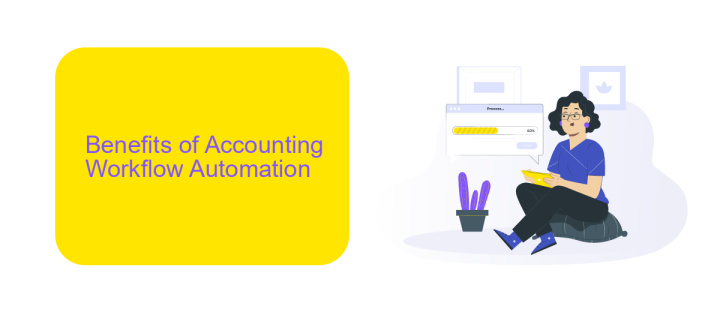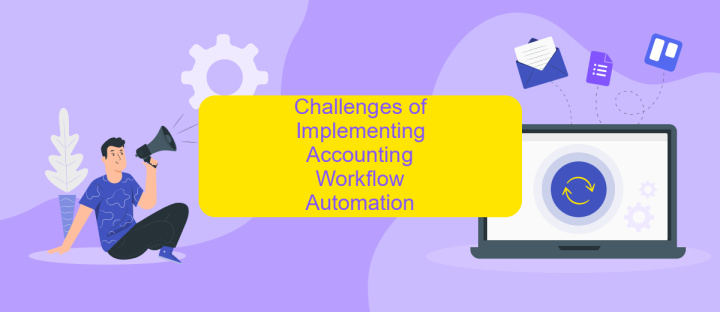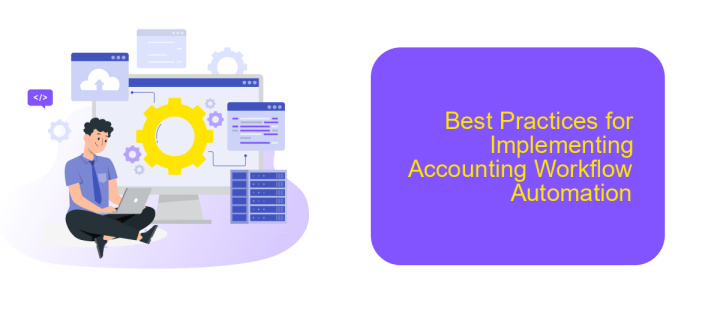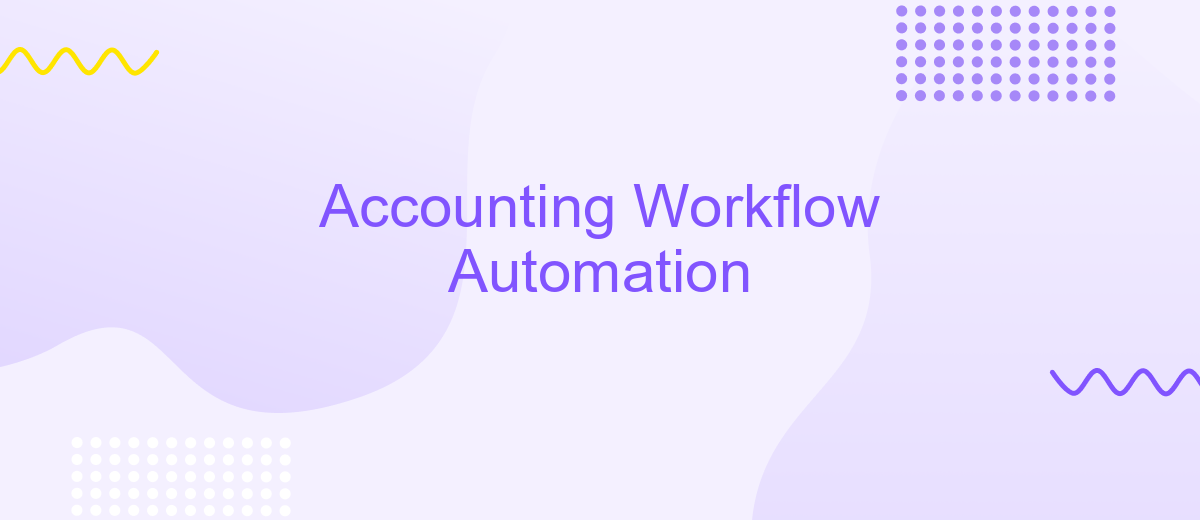Accounting Workflow Automation
In today's fast-paced business environment, accounting workflow automation has become essential for optimizing efficiency and accuracy. By leveraging advanced software solutions, companies can streamline tedious accounting tasks, reduce human error, and ensure compliance with regulatory standards. This article explores the benefits, implementation strategies, and key features of accounting workflow automation, providing insights into how businesses can transform their financial operations.
Introduction to Accounting Workflow Automation
Accounting workflow automation is revolutionizing the way businesses handle their financial processes. By automating repetitive and time-consuming tasks, companies can streamline their operations, reduce errors, and improve overall efficiency. This technological advancement allows accountants to focus on more strategic activities, such as financial analysis and planning, rather than getting bogged down with manual data entry and reconciliations.
- Eliminates manual data entry
- Reduces human errors
- Enhances data accuracy
- Improves compliance and reporting
- Frees up time for strategic activities
Integrating various accounting systems and tools is crucial for seamless workflow automation. Services like ApiX-Drive facilitate these integrations by connecting different software applications, ensuring smooth data transfer and synchronization. This not only saves time but also minimizes the risk of data discrepancies. By leveraging such tools, businesses can achieve a more cohesive and efficient accounting process, ultimately leading to better financial management and decision-making.
Benefits of Accounting Workflow Automation

Implementing accounting workflow automation brings numerous benefits to businesses, significantly enhancing efficiency and accuracy. By automating repetitive tasks, companies can reduce human errors and ensure data consistency. This not only saves time but also allows accounting professionals to focus on more strategic activities, such as financial analysis and planning. Additionally, automation provides real-time access to financial data, facilitating quicker decision-making and improving overall financial management.
Another key advantage is the seamless integration of various accounting systems and tools. Services like ApiX-Drive enable businesses to connect different software applications effortlessly, ensuring smooth data flow and synchronization. This eliminates the need for manual data entry and reduces the risk of discrepancies. Furthermore, automated workflows can be customized to meet specific business needs, providing flexibility and scalability as the company grows. Overall, accounting workflow automation enhances productivity, accuracy, and operational efficiency, leading to better financial health and business performance.
Challenges of Implementing Accounting Workflow Automation

Implementing accounting workflow automation can offer numerous benefits, but it also comes with its own set of challenges. These challenges can range from technical issues to human factors, making the transition a complex process for many organizations.
- Integration Issues: Connecting various accounting software and tools can be complicated. Services like ApiX-Drive can simplify this process by offering seamless integrations, but initial setup can still be time-consuming.
- Data Security: Automating workflows often involves handling sensitive financial data. Ensuring robust security measures are in place is crucial to prevent data breaches.
- Change Management: Employees may resist changes due to unfamiliarity with new systems. Proper training and communication are essential to ease this transition.
- Cost: The initial investment in automation tools and software can be high, which may be a barrier for smaller businesses.
- Customization: Off-the-shelf solutions may not meet all specific business needs, requiring additional customization and development.
Despite these challenges, the long-term benefits of accounting workflow automation, such as increased efficiency and reduced human error, make it a worthwhile investment. By addressing these challenges proactively, organizations can successfully implement automation and reap its rewards.
Best Practices for Implementing Accounting Workflow Automation

Implementing accounting workflow automation can significantly enhance efficiency and accuracy in financial processes. To ensure a successful implementation, it is crucial to follow some best practices that cater to the unique needs of your organization.
Firstly, assess your current workflow to identify the areas that will benefit most from automation. This helps in prioritizing tasks and setting clear objectives. Secondly, choose the right tools and software that align with your business needs. For instance, ApiX-Drive can be an excellent choice for integrating various accounting software and automating data transfers seamlessly.
- Evaluate and map out current processes.
- Select compatible automation tools and software.
- Ensure data security and compliance.
- Train staff and provide ongoing support.
- Monitor and adjust workflows as needed.
Finally, continuous monitoring and feedback are essential to refine the automated workflows. Regularly review the system's performance and make necessary adjustments to optimize efficiency. By adhering to these best practices, organizations can streamline their accounting processes and achieve better financial management.
Future Trends in Accounting Workflow Automation
The future of accounting workflow automation is poised for significant advancements driven by artificial intelligence (AI) and machine learning (ML). These technologies will enable more sophisticated data analysis, predictive analytics, and real-time financial reporting. As AI and ML algorithms become more advanced, they will reduce the need for manual data entry and error correction, allowing accountants to focus on strategic decision-making and advisory roles. Additionally, blockchain technology is expected to play a crucial role in enhancing the transparency and security of financial transactions, further streamlining accounting processes.
Another key trend is the increasing integration of various accounting software and platforms through automation tools like ApiX-Drive. This service facilitates seamless connections between different applications, enabling automated data transfer and synchronization. As a result, businesses can achieve a more cohesive and efficient accounting workflow, minimizing the risk of data discrepancies and improving overall productivity. Furthermore, the adoption of cloud-based solutions will continue to rise, offering scalable and flexible options for businesses of all sizes to manage their accounting needs more effectively.
FAQ
What is Accounting Workflow Automation?
How can I start automating my accounting processes?
What are the benefits of automating accounting workflows?
Is it difficult to integrate automation tools with existing accounting software?
Can small businesses benefit from accounting workflow automation?
Routine tasks take a lot of time from employees? Do they burn out, do not have enough working day for the main duties and important things? Do you understand that the only way out of this situation in modern realities is automation? Try Apix-Drive for free and make sure that the online connector in 5 minutes of setting up integration will remove a significant part of the routine from your life and free up time for you and your employees.

